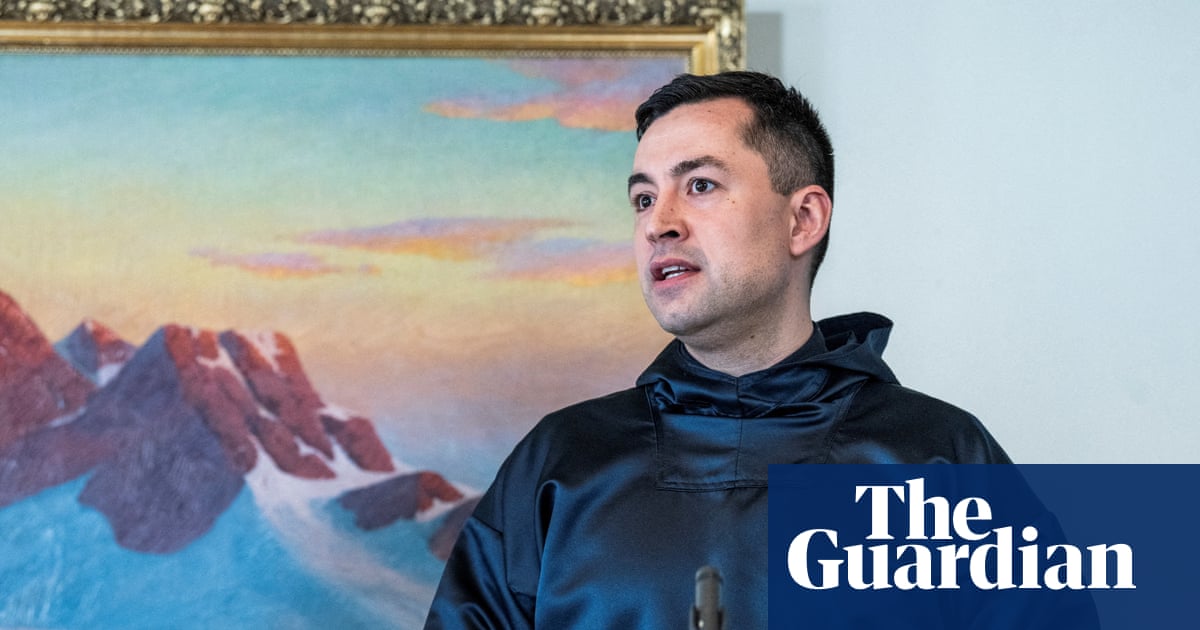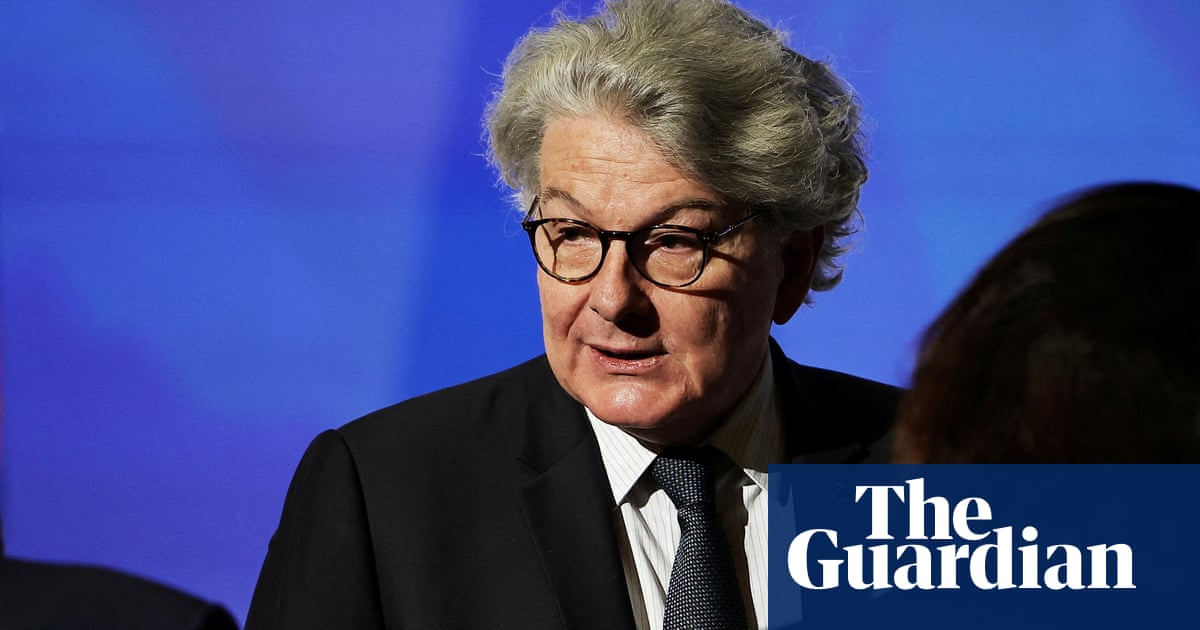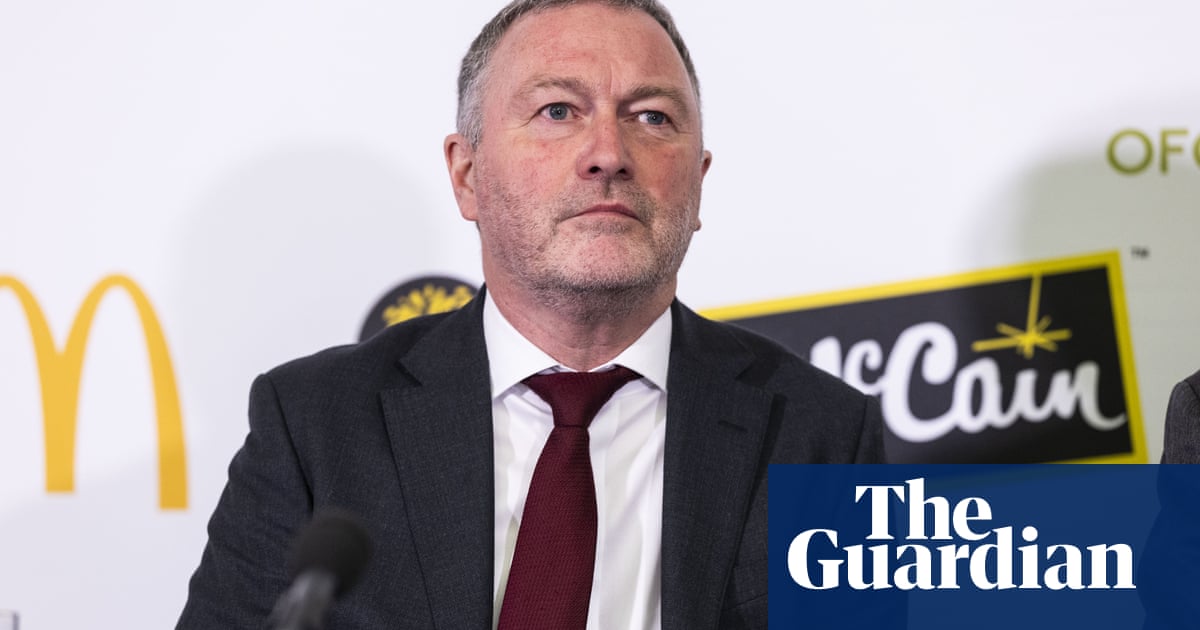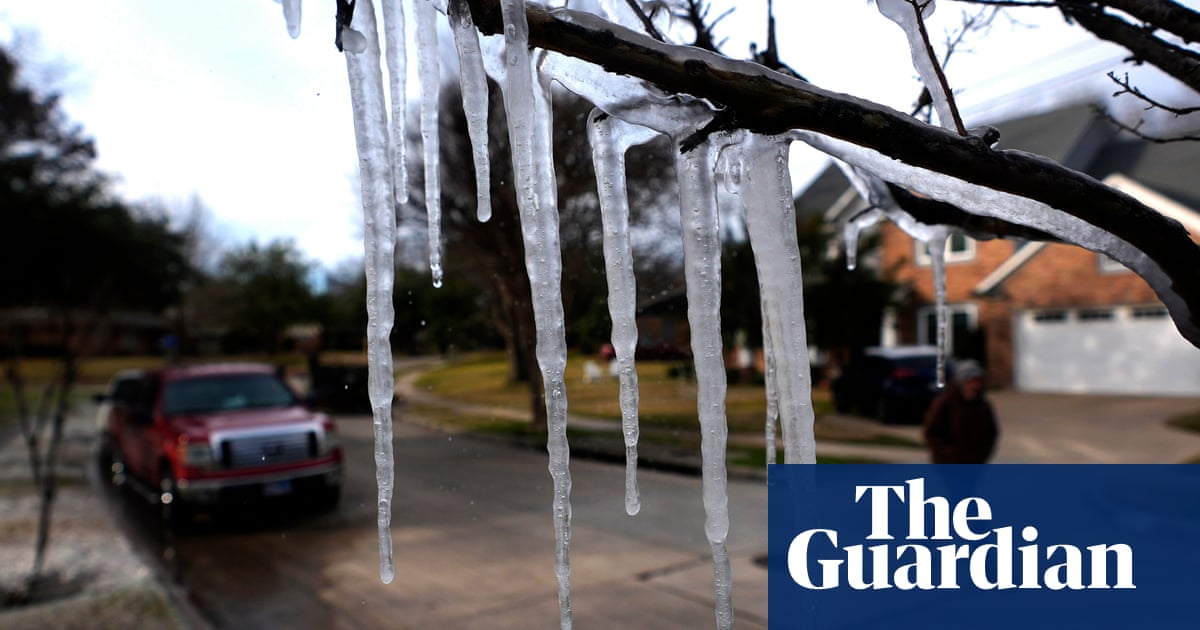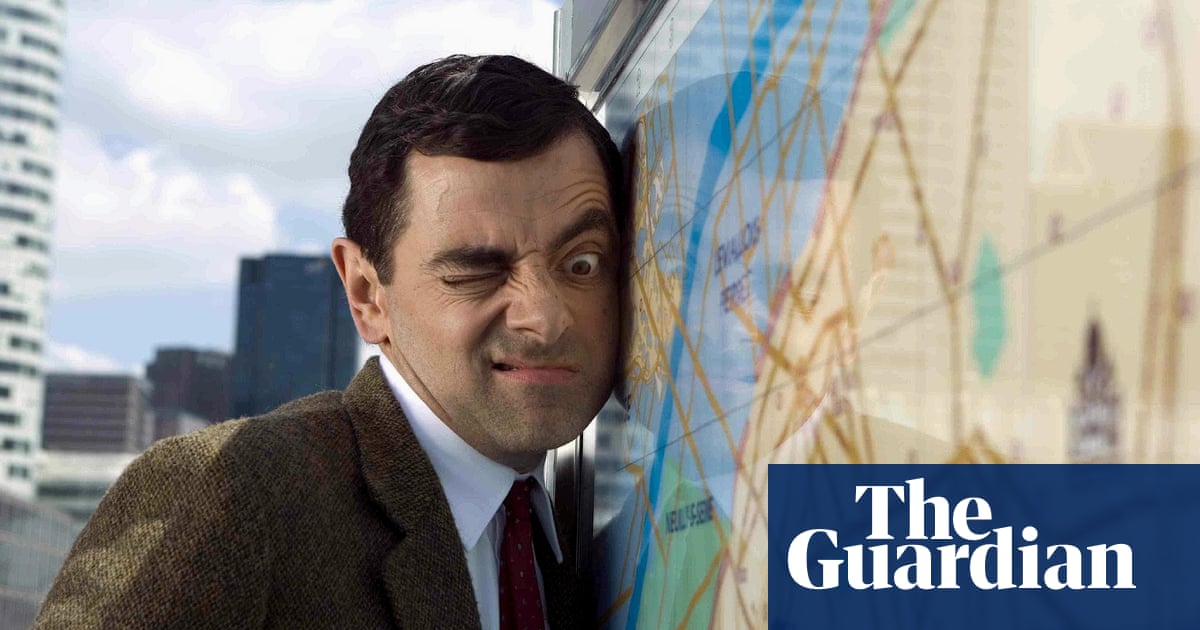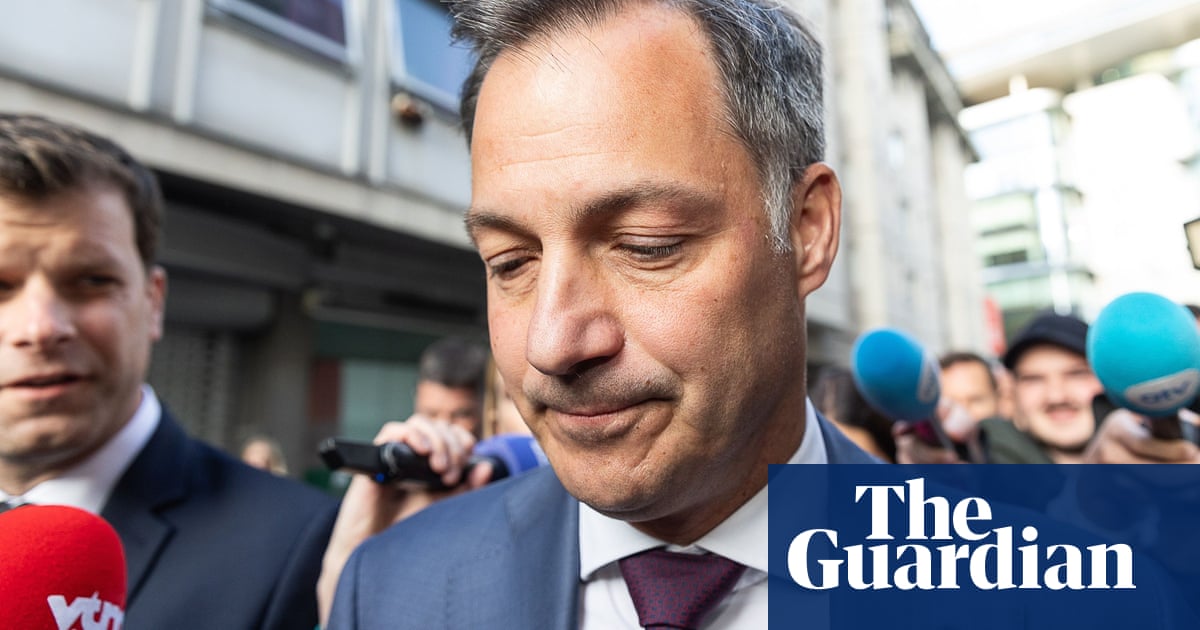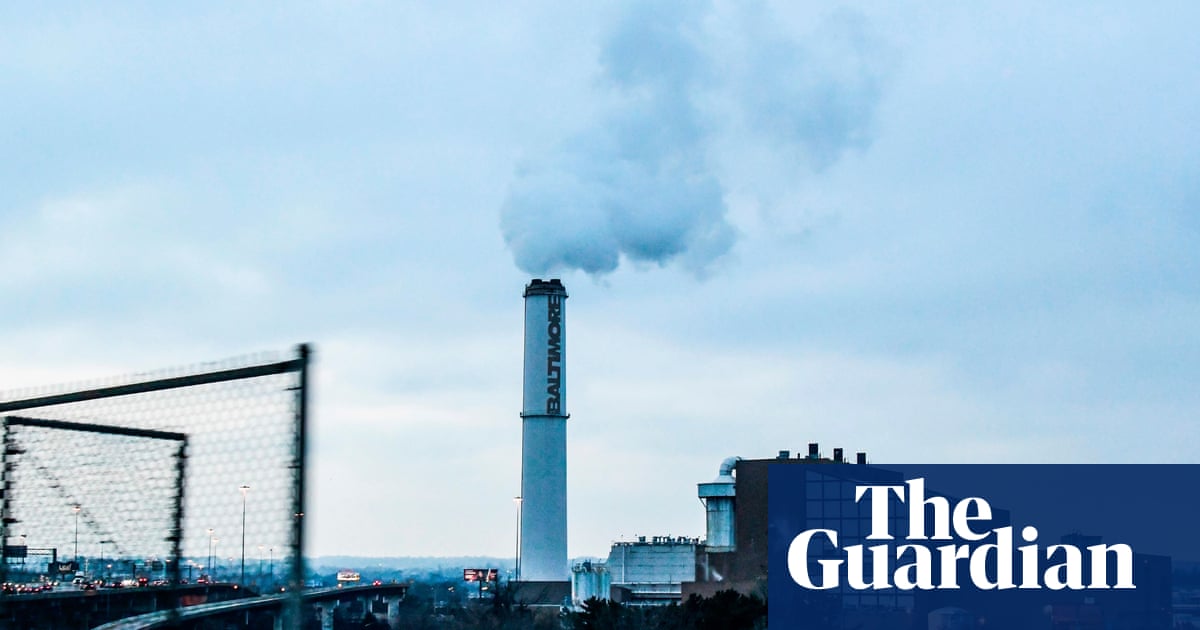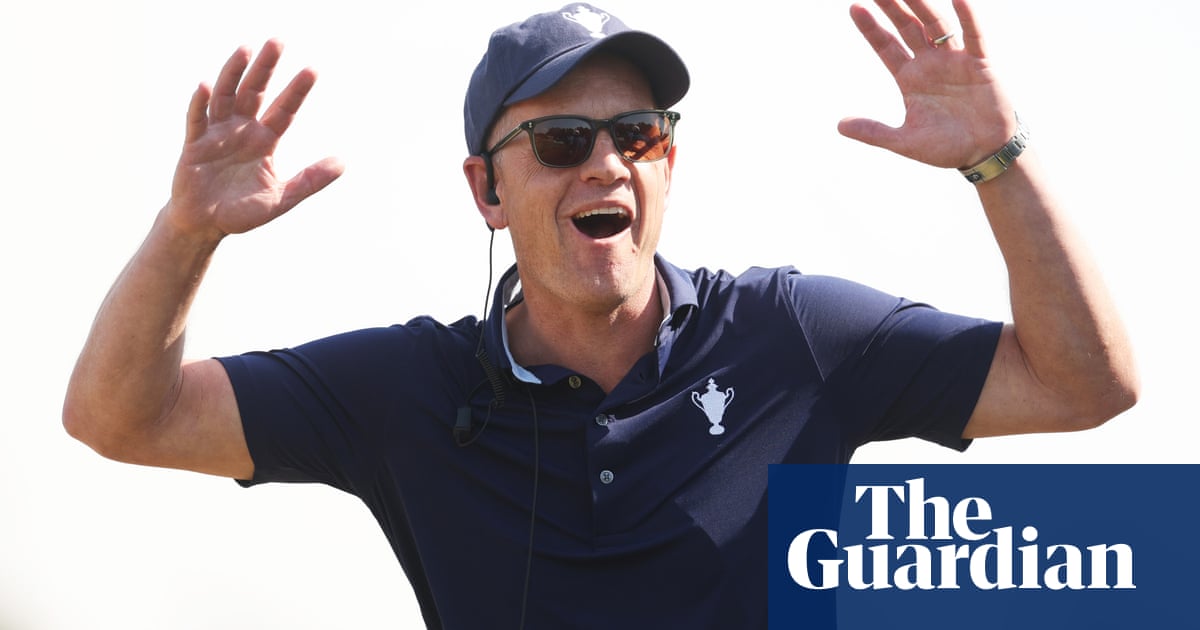While Kemi Badenoch was the first politician since the US presidential election result to publicly challenge Keir Starmer over Labour’s previously tense relationship with Donald Trump, she is unlikely to be the last.
Yet the UK prime minister, according to government sources, is less anxious about the return of the divisive populist to the White House than the new Tory leader, and many in his own party, might have assumed.
It is true that Starmer may have found a more natural ally in Kamala Harris had she made it to the Oval Office, but his team has spent years preparing for the possibility of a Republican victory – building relationships and, crucially, bridges.
“We’re more relaxed [with the result] than people might think,” one senior official said. “Keir has already had a couple of conversations with Trump and they went very well. Trump likes winners and he sees Keir as someone who ‘won big’.”
As the election approached, the government became increasingly convinced Trump would win. “It wasn’t a huge surprise, even if it wasn’t the outcome we hoped for,” a source said. “We had been worried the Dems did not have enough of an economic offer to get Kamala over the line.”
Downing Street had gameplanned a series of outcomes for the election, depending on whether broadcasters called the race and the numbers available at any stage. They were even ready for a scenario in which Trump declared himself the victor even though the race was too close to call.
As it turned out, his win was clear-cut, and Starmer was able to be straight out of the blocks on Wednesday morning with a message of congratulations to the new president-elect.
“We stand shoulder to shoulder in defence of our shared values of freedom, democracy and enterprise,” he wrote. “I know that the special relationship will continue to prosper on both sides of the Atlantic for years to come”.
In opposition, several senior Labour MPs had vociferously criticised Trump, including David Lammy, now the foreign secretary, who labelled him a “neo-Nazi sympathizing sociopath” and “a racist KKK and Nazi sympathizer”. Many of them also opposed the then president addressing parliament while in the UK on a state visit.
But when it became clear that Trump was going to run again, Starmer instructed his aides to start repairing relations. “We all knew this election was coming and there was only one of two outcomes. The courting of both sides has been going on for a long time,” one insider said.
The civil service had also maintained relationships. Karen Pierce, the British ambassador in Washington, was in post last time Trump was in the White House and she and her team had stayed in close contact with Mar-a-Lago.
Whitehall also had four years of experience and contacts from that time, all there for Starmer to draw on when he arrived at No 10. “We feel far better prepared this time than last time round,” one official said.
It was Pierce who set up the call between the prime minister and Trump after the first assassination attempt on the Republican candidate during the election campaign. Officials had suggested writing a note, but Starmer wanted to speak to Trump in person.
She was also instrumental in arranging the dinner between the two men at Trump Tower in New York when the prime minister was at the UN in September. Trump was particularly interested in Labour’s election success in the “red wall”, perhaps seeing parallels with the US rust belt states.
Shortly afterwards, Starmer told the Guardian: “I’m a great believer in personal relationships. I do think this is really important, the ability to pick up the phone to world leaders and get a proper sense of where their instincts are.”
The prime minister had found Trump “more thoughtful” than his public persona suggested. “He is, in my view, different in private than he is in public. Just the way he engages in conversation, addresses issues. What I wanted was the opportunity to get to know him.”
Lammy was also at the dinner. Sources on both sides of the Atlantic dismissed suggestions that some of the foreign secretary’s less diplomatic remarks would have any bearing on the relationship. They pointed to the work he has done on child poverty with JD Vance, a fellow Christian and the new vice-president.
“Have you heard some of the things Trump has said?” added one US source. “He knows how it works. You play tough, you gotta be able to take it. And then you move on.” A senior UK source added: “We’ll very quickly get into the business of government when Trump takes over in January. If there are fights, they will be new ones.”
No 10 advisers were very eager for the meeting to go well, and their encounter was meant to be carefully choreographed. However, Trump threw a potential spanner in the works by announcing a last-minute press conference in front of his golden elevators in Trump Tower.
A British journalist from GB News quizzed him on the forthcoming dinner. Trump was complimentary. “I’m going to see him in about an hour so I have to be nice, right? But I actually think he’s very nice. I think he ran a great race, he did very well. It’s very early, but he’s popular.”
Aides had been nervous about the possibility of any snub or rude remark from Trump – but after his remarks one of them gave a fist pump. But insiders acknowledge that the danger of the new president setting off a political hand grenade in the UK over the next four years remains real.
“It’s an inevitability,” one said. “It’s just a matter of how often he does it.” Another added: “It will be very noisy and a bit unpredictable – we will need to stay constant.”
after newsletter promotion
Whitehall sources say, however, that the fundamentals of the relationship between the two countries – defence, security and intelligence – will remain strong.
Trade could prove a trickier area to negotiate, with ministers waiting to see what Trump does on tariffs, and whether the UK will be inside or outside his ringfence. If he continues to be anti-EU, it could make life difficult for the government if he expects it to pick sides.
Rachel Reeves, the chancellor, told the Treasury select committee on Wednesday that Labour would make the case for free trade, and said the trading relationship with the US, worth more than £300bn a year, would remain crucial.
“We’re not just a passive actor in this,” she said. “It’s a trade relationship with the US and we will make strong representations about the importance of free and open trade, not just between ourselves and the US, but globally.”
Foreign Office officials admit there will be “different perspectives” on some thorny global issues, with Trump expected to distance the US from Nato and wind down military support for Ukraine. However, a source said: “Trump won’t want to be seen to be a loser or to give the impression that Putin has won.”
The bitter superpower rivalry and fiery rhetoric between Trump and Beijing over trade, technology and security is expected to resume, while his return to power has the potential to change the map of the Middle East, very much at the expense of the Palestinian people.
There are hopes in Whitehall that Trump’s greatest excesses on the world stage will be tempered by his advisers. Many of those who worked in his first administration have fallen out of favour with him and, in some high-profile cases, even denounced him as dangerous.
“He always has a court of different voices – whether he listens to them is another matter,” said one source. UK officials are privately hoping for Mike Pompeo to return as his secretary of state, because “at least we’ve got an established relationship with him and he rates the UK”.
Starmer will also pick his new ambassador to Washington, with Pierce expected to stay on until the spring to oversee the transition period, but Labour wanting their own man or woman in DC. The Republican victory makes a political appointee less likely.
He will, presumably, bat away offers of “help” from Nigel Farage, the Reform UK leader who is a close ally of Trump, just as several Tory prime ministers did before him.
Yet No 10 is hopeful it can do business with Trump, even if the relationship has had bumpy moments. His team accused Labour of “foreign interference” in the election after a party official asked for volunteers to campaign for Harris. “That was just a stunt,” said one US source.
“He’s transactional, a deal maker: if he thinks it’s in the interests of the US to work with us, he will,” one UK government insider said. Another pointed to the strong working relationship between Tony Blair and George Bush Jr, despite their political differences.
Trump also has deep personal connections to the UK. His mother was from Scotland, where he owns two golf courses, and he is a big fan of the royal family and all the trappings of state that come with them.
Yet he remains deeply unpopular with British voters. Despite that, senior Tories have been vociferous in their backing of the president-elect. Badenoch brought cheers from her own MPs when she used her first prime minister’s questions to criticise Labour for being too anti-Trump. Some in her party worry she has misjudged the public mood.
The new Tory leader is a US-style culture warrior, a firm supporter of Israel and has won the admiration of Ron DeSantis, the hardline Republican governor of Florida, who said that she “flies the flag of bold colours” of conservatism.
MPs from all the main parties are anxious at the prospect of importing more culture wars from across the Atlantic. Many ministers are also deeply uncomfortable about doing business with Trump, even as they concede it is in the UK’s best interests. “We don’t have any other choice, but we’ll be doing it through gritted teeth – he’s a danger to democracy,” one said.

.png) 2 months ago
18
2 months ago
18

